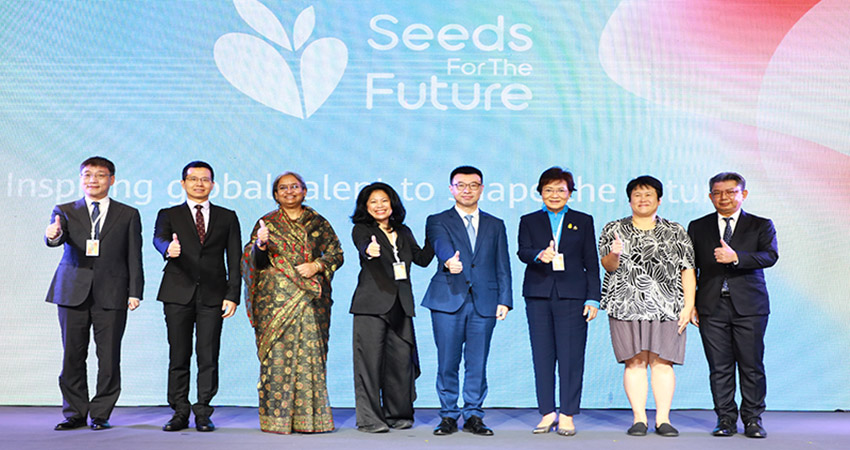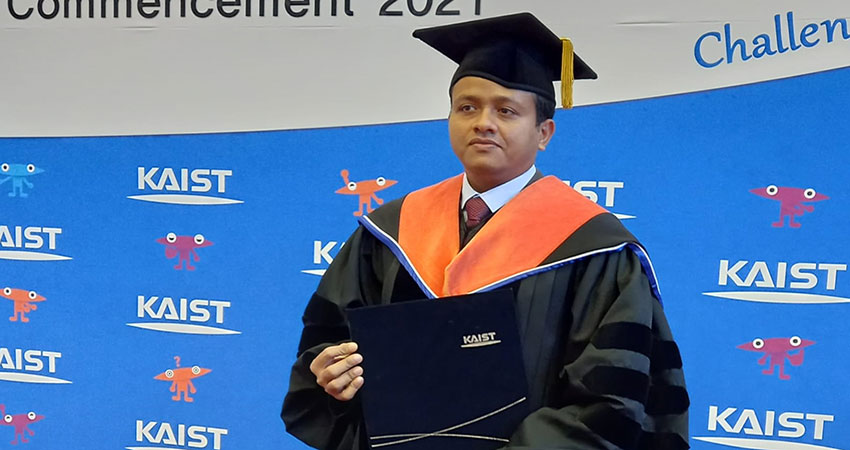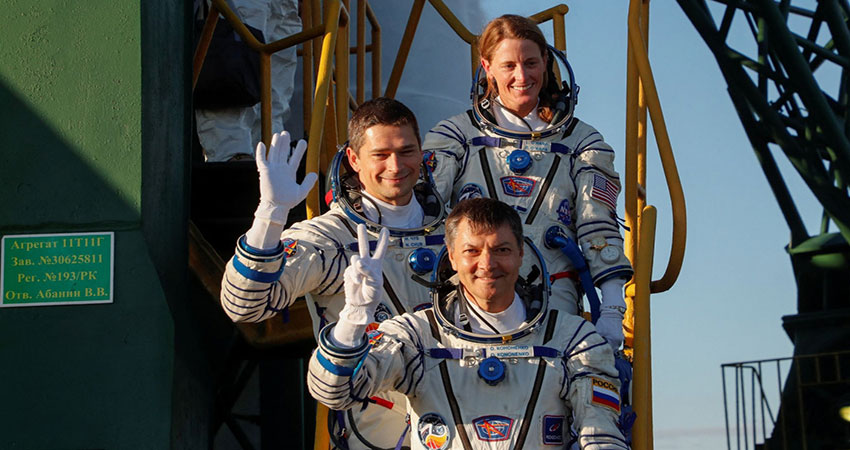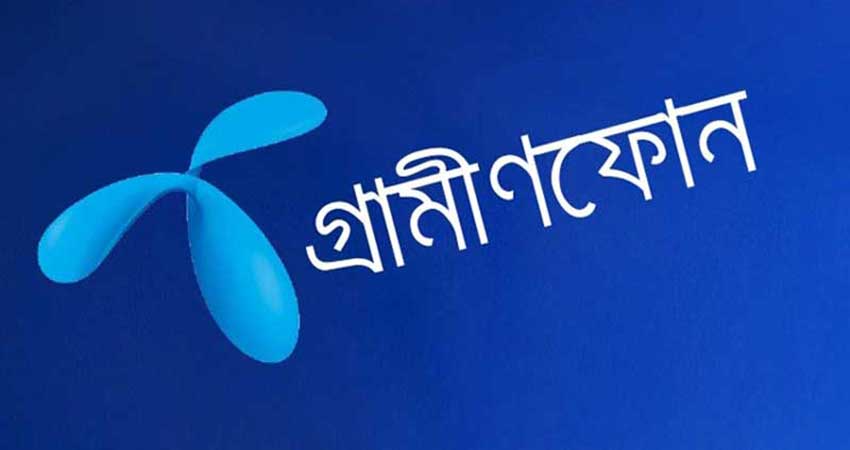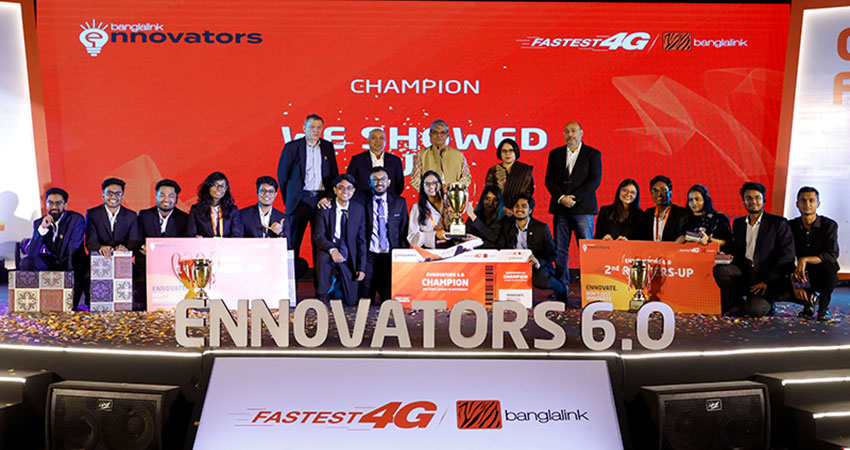Huawei has launched Asia Pacific Seeds for the Future in collaboration with the ASEAN Foundation and Tourism Authority of Thailand (TAT) to shape the future through inspiring digital talents.
The opening ceremony of the program was attended by distinguished guests, including Jurin Laksanawisit, Honorable Deputy Prime Minister and Minister of Commerce of Thailand; Dr. Dipu Moni, Honorable Minister, Ministry of Education of the People’s Republic of Bangladesh; Dato Lim Jock Hoi, Secretary-General, ASEAN; Dr. Yang Mee Eng Executive Director, ASEAN Foundation; Simon Lin, President of Huawei Asia Pacific; government officials; and representatives of multiple international organizations. Speakers at the event highlighted multi-party collaboration’s important role in creating a solid foundation for the region’s digital talent ecosystem.
This regional round program will bring together 120 outstanding students from 16 countries across the Asia Pacific region including eight students of Bangladesh for a 9-day digital boot camp in Thailand. The participants will get immersed in technologies and cross-cultural experiences and propose technical solutions to address social problems through Tech4Good projects. 56 of the 120 participants this year are women, making the 2022 cohort the most gender-balanced in the region since the program was initiated in 2008.
Dr. Dipu Moni, Honorable Minister, Ministry of Education of Bangladesh, spoke on how digital talent can bridge historical gender gaps: “It is increasingly important that we include our female students in STEM-based learning and creates an equal opportunity for them to grow. Seeds for the Future seems very sincere about that. We are excited to have five excellent female young professionals from Bangladesh joining the camp, and I believe their success will empower more women to contribute to Bangladesh’s digital economy.”
President of Huawei Asia Pacific, Simon Lin, reiterated Huawei’s commitment to talent development: “The ‘seeds’ represent hope, passion, and future. As the corporate-level flagship CSR project with the longest history, this program has been brought to nearly 140 countries and regions, reaching over 12,000 students from 500 universities. The ‘Seeds’ have grown to a global ‘forest’.” “Digitalization is the driving force for our future. Talent is the key to digital transformation and sustainable growth. We deeply believe that the young generation will grow as the constructors of Asia Pacific when pursuing their tech dreams.” Simon Lin added.
The official start of the program was jointly announced by ASEAN Foundation's Dr. Yang Mee Eng, TAT's Deputy Governor for Digitization Research and Development Mr. Nithee Seeprae, Huawei Asia Pacific President Mr. Simon Lin and Huawei Thailand CEO Mr. Abel Deng.
From today, the students will embark on a cultural and digital journey filled with site visits, including the United Nations Regional Hub in Bangkok, the Metaverse Expo, and the Grand Palace in Bangkok. At the same time, the participants will be provided training in cutting-edge technologies like 5G, AI, and cloud computing from industry-leading experts.
During the digital camp, the participants will be expected to team up and create a “Tech4Good” pitch where they will share their visions for a better digital world. The winning teams will be given a place in an accelerator camp in Singapore that will be held from August 29 to September 4. This camp will allow them to meet top-notch entrepreneurs and investors, further develop their initiatives, and bring their ideas to the market.
Seeds for the Future is Huawei’s flagship Corporate Social Responsibility program, bringing together young talent from top universities worldwide. The program was launched in Thailand in 2008 to inspire ICT talent and encourage them to tackle social challenges with digital solutions. By the end of 2021, the program had been implemented in 137 countries and regions, reaching 12,000 students from over 500 universities.

